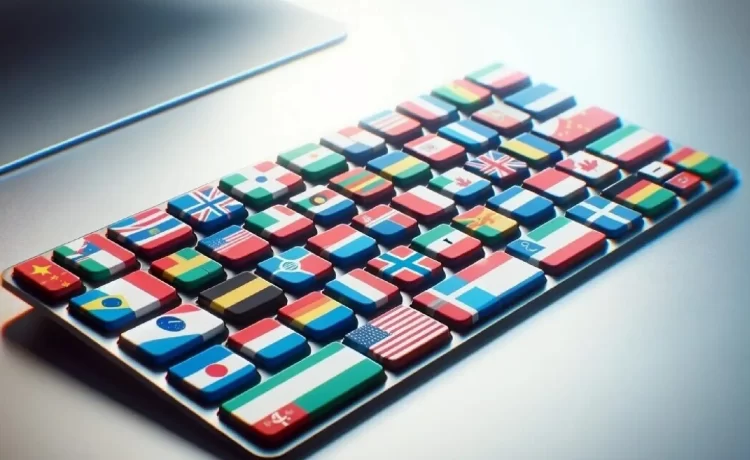DeepL, the Cologne-based AI translation unicorn, has expanded its language capabilities by adding Traditional Chinese to its portfolio. This move marks a significant step in DeepL’s strategic push into Asian markets, now covering 33 languages.
DeepL’s Focus and Growth
Since its inception in 2017, DeepL has established itself as a formidable competitor to Google Translate, particularly by catering to business clients. Unlike Google’s broader approach, DeepL focuses on providing translation solutions tailored for commercial use. “Translation is really important for businesses,” said Jarek Kutylowski, founder and CEO of DeepL, in a previous interview with TNW. “Nowadays, companies start going global and expanding into other markets very quickly, so they get customers in different areas.”
Expansion into Asian Languages
Initially serving over 20 European languages, DeepL ventured into the Asian market with Simplified Chinese and Japanese in 2020. The company continued its expansion with the addition of Indonesian in 2022 and Korean in 2023. The latest addition of Traditional Chinese allows DeepL to cater to a broader audience in regions where this script remains predominant.
Traditional Chinese, distinct from Simplified Chinese introduced by the People’s Republic of China in the 1950s to improve literacy rates, is still the official script in Hong Kong, Macau, and Taiwan. In these areas, especially Hong Kong and Taiwan, Traditional Chinese is crucial for business communication. Hong Kong, a major global financial hub, and Taiwan, home to technology giants like TSMC, represent significant markets for DeepL’s services.
Impact on Business and Global Trade
The inclusion of Traditional Chinese is expected to bolster DeepL’s presence in these key markets. “We understand the importance of these regions in global trade,” Kutylowski noted. He emphasized that this addition will support local companies in expanding globally and help international businesses enter the Asian markets more effectively.
Recent Developments
DeepL’s expansion comes on the heels of notable growth for the company. Recently, DeepL introduced a new large language model (LLM), claiming it surpasses both Google Translate and ChatGPT in performance. Earlier this year, the startup secured a new investment of $300 million (€277 million), boosting its valuation to $2 billion. With over 100,000 business users, DeepL continues to solidify its position as a leading player in the translation industry.
DeepL’s addition of Traditional Chinese to its translation services underscores its commitment to addressing the needs of global businesses and expanding its reach in important Asian markets. As the company continues to grow and innovate, it is set to play a crucial role in facilitating international communication and trade.













